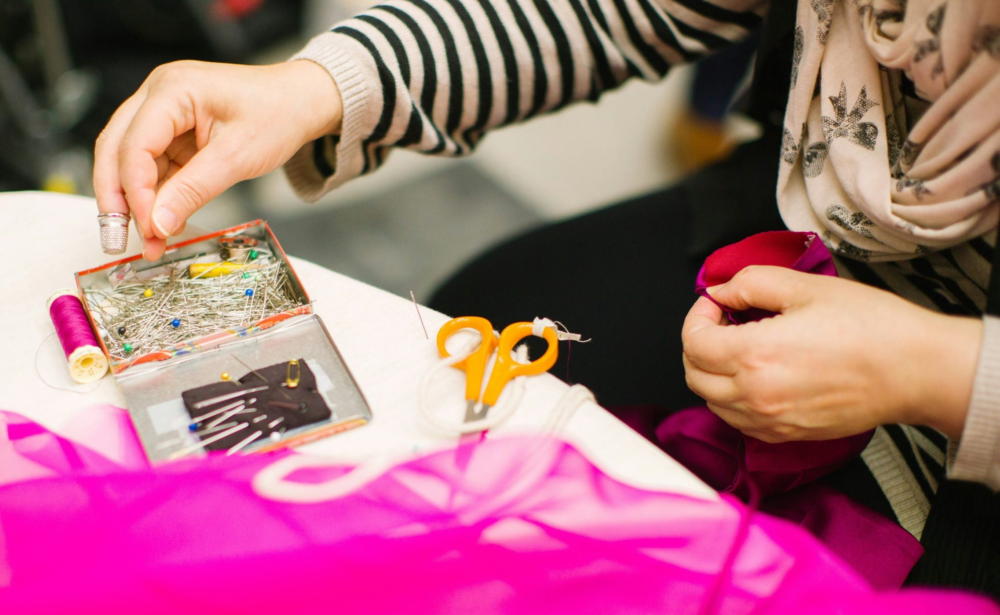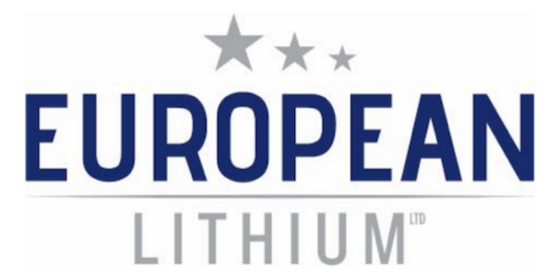This is the fourth of an eight-part series centered around the themes of an inspiring new book, “Assets in Common,” published by Common Trust and Purpose. The series explores innovative employee ownership models, shared services cooperatives, mutual credit systems, steward-owned holding companies and more, all based on research into real initiatives working at scale. More than a dozen working examples are outlined in the book, which light the way for an economy that can help reverse wealth concentration, community fragmentation and environmental destruction. Learn more and get a copy of the book at assetsincommon.org.
In today’s society, celebrities get major airtime just for how they look. Talking heads clutter the broadcasts, spouting convenient generalizations, but most don’t have first-hand experience to back up their opinions. It would seem there are no viable solutions for moving the world forward. But there are. The problem is that the people building real solutions are too busy doing the work. From rural towns to bustling cities, pioneering enterprises are challenging conventional notions of ownership, governance, and economic exchange. These trailblazers are reimagining fundamental structures and forging pathways to shared prosperity.
Six innovative models
In this article, we give a teaser to a diverse array of case studies that illuminate the path toward reshaping our economic systems, one innovative model at a time.
Clegg Auto
Clegg Auto is a group of four auto repair shops in Utah. They transitioned to employee ownership by restructuring into a Perpetual Purpose Trust as the sole shareholder. This trust owns a holding company which in turn owns the four subsidiary auto repair shops. This three-tier ownership design allows for performance incentives and profit-sharing at both the subsidiary and overall company levels. In their first year post-transition, Clegg Auto doubled its profits compared to the prior year, with two newer shops becoming profitable. The founder attributes this surge to employee owners taking greater ownership and driving efficiencies while maintaining high customer satisfaction ratings. Notably, Clegg Auto was able to provide health insurance to all employees – a rarity in the auto repair industry. The transition aligned incentives for performance gains without compromising service quality, contrasting with private equity’s typical cost-cutting approaches.
Sardex
Sardex S.p.A. is an alternative currency for local businesses in Sardinia. They operate a subscription-based digital platform that allows members to trade with each other using Sardex credits to lubricate the exchange. Businesses become members through an application process, pay a subscription fee, and are extended a line of Sardex credit to trade goods and services within the network. While Sardex units serve as a unit of account pegged to the Euro and facilitate trade as a medium of exchange, they cannot be exchanged for Euros or other fiat currencies. This contrasts with cryptocurrencies that can be traded back to conventional money, fueling speculation and hindering their use for real-world use as a medium of exchange. The platform promotes self-governance through membership agreements specifying rules and limits on transaction volumes and credit lines. Sardex facilitates hyperlocal trade circuits built on trust and reciprocity, with brokers supporting deal-making. The lack of transaction fees and emphasis on social agreements reduce the need for external regulation, although the scheme is fully compliant with EU laws and members must pay taxes on Sardex income in Euros.
Rotating Savings and Credit Associations (ROSCAs)
ROSCAs are informal lending clubs. Their members contribute a fixed amount to a common fund, which is then given in a lump sum to one member on a rotating basis (usually monthly) until all have received the pooled money once. This gives each member a lump sum periodically which they can put to use buying materials or making a large purchase they wouldn’t normally have the cash flow to afford. With no legal backing, ROSCAs rely on social cohesion and trust among self-selected members, often within immigrant communities. Each group selects an administrator to organize meetings, track contributions, and distribute funds. While operating as self-organizing bodies, members have a voice in formation and can set parameters on fund usage. ROSCAs foster community, enable mutual savings and support, provide dignified access to funds, and require little paperwork to initiate among trusted networks. Face-to-face interactions play a vital role in building trust and relationships within these groups.
The Industrial Commons
The Industrial Commons (TIC) is a group that is advancing the textile industry in North Carolina toward equitable outcomes. It is structured as a multi-stakeholder network of enterprises, interconnected through governance, economic interests, and market cooperation. As a non-profit organization, TIC owns the for-profit Carolina Textile District LLC, a match maker connecting suppliers and producers. The nonprofit also owns a public benefit corporation. This public benefit corporation enables TIC to hold founding shares in the worker-owned cooperative LLCs launched by the non-profit, granting it veto powers to prevent mission drift. In this way it serves as a hands-on incubator for worker cooperatives. Additionally, TIC has established a community land trust and a capital fund to support its mission. Through its ownership structure and governance mechanisms, TIC facilitates access to capital and resources for these cooperatives, leveraging its balance sheet. The network fosters local relationships, civic engagement, and integrated programs for workforce development and community learning. By promoting employee ownership and shared economic interests, TIC aims to build sustainable solutions deeply rooted in the local context.
Obran Cooperative
Obran is an umbrella group of multiple worker-owned cooperatives. It is structured as a Limited Cooperative Association holding company, with underlying portfolio companies as subsidiaries. The cooperative is organized into three industry-focused divisions. One is focused on healthcare that owns companies that provide in-home nursing. Another specializes in staffing and HR, providing admin solutions to freelancers and creatives. The third division is based on shipping and logistics, starting with a third-party logistics company in Hawaii. Obran maintains a 51% controlling ownership stake in each portfolio company, positioning it as an active owner-operator rather than a passive investor. The governance structure allows worker-members to elect board representatives at both the subsidiary and parent cooperative levels, with limits on financial investor board seats that ensure worker control. A major growth strategy involves acquiring existing companies across healthcare, employment services, and logistics sectors, financed by an internal capital services team. Directors have performance incentives tied to increasing enterprise value and worker income gains. This innovative structure balances outside investment with preserving worker ownership, governance rights, and wealth-sharing within a diversified cooperative portfolio. Obran mixes the egalitarian values of a worker cooperative with the shrewd sophistication of a private equity fund.
Goodworks Evergreen
Goodworks Evergreen is one of three components of a family office based in Montana. The three components include an impact-driven venture fund, a 501c(3) foundation, and a local small business holding company. Goodworks Evergreen is this small business holding company. Since 2018, GWE has acquired seven small, rural lumber and hardware supply stores in Montana, primarily funded by the family office and later supplemented by cash flow from the portfolio companies and outside investors. GWE has either promoted existing staff or brought in new general managers post-acquisition, while weaving most of the companies together as a single operation. GWE is heavily involved in operational improvements and integration, aiming for long-term employee ownership and community involvement. GWE continues to pursue new acquisitions and investor relations alongside supporting its existing businesses. With a shared CEO across the family office entities, GWE is closely attuned to local social needs and environmental as well as economic issues in Montana. While Goodworks Ventures focused on “new Montana” startups, GWE is an effort to preserve the state’s rural, independent character through business acquisitions and real estate projects like an 89-unit community land trust workforce housing development in Missoula.
Patterns of pioneers
What common threads can we see amongst these examples? The Industrial Commons and Goodworks Evergreen both have a close interplay of nonprofit and for-profit projects. Both of these groups are very rooted in the real needs of their local geographies, and exist to serve those needs in practical, hands-on ways.
Clegg Auto, Obran Cooperative, Goodworks Evergreen and Industrial Commons all have holding companies with portfolios of subsidiary companies. This enables economies of scale, shared staff, and the resilience of diversification. None of these companies are huge – the focus is mostly on stewarding small businesses. However, Obran does have the ambition to be the largest worker cooperative in the world, at present they only own a handful of businesses.
In the example of Sardex and ROSCA’s, money is used as a collaborative tool rather than a private treasure. These groups have designed ways to pool resources and encourage activity that wouldn’t otherwise happen if everyone was just looking out for themselves. In this way, collaboration is seen to directly benefit both individual interests and promote the strength of the broader community.
If you’re a business owner interested in employee ownership or steward-ownership, please reach out to the team at common-trust.com for support.


